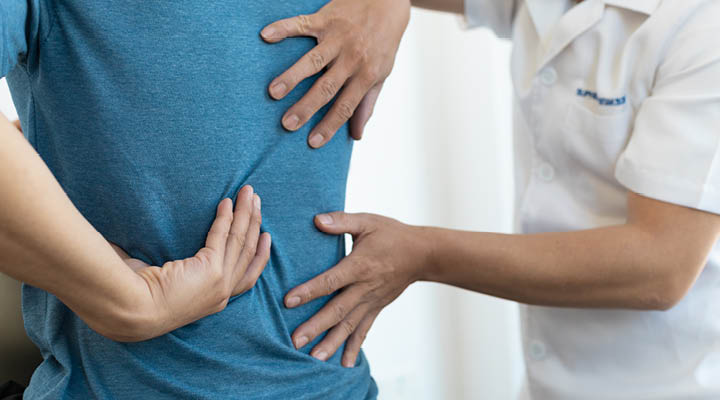
The human body is a complex structure made up of interconnected systems that depend on each other. As a result, different parts of our bodies can have a direct effect on others—sometimes good and sometimes bad.
This fact proves to be particularly true for individuals with kidney disease. While kidney disease’s primary consequence is a collapse of your renal system’s ability to filter wastes from your blood, it can also affect other areas of your body, including your mouth. Like many other diseases, researchers have found several connections between kidney disease and oral health. For example, if you’ve been diagnosed with kidney disease, you may be more likely to develop:
Dry Mouth – According to the Journal of the American Dental Association, more than 500 medications can cause dry mouth, including drugs used to treat kidney disease. A dry mouth can be uncomfortable, can cause difficulty when eating or drinking, and may even lead to bad breath. Your mouth uses saliva to clear away detritus and harmful bacteria from the surface of your teeth, so people with dry mouth may be at risk for tooth decay.
- What you can do – Fortunately, there are several things you can do to help manage dry mouth: Visit your dentist regularly; brush and floss daily; opt for soft, moist foods; and use saliva substitutes and lubricants when necessary.
Oral Lesions – An oral lesion is a mouth ulcer, sore, or open wound found on the mucous membrane of the oral cavity. When performing checkups, dentists often check for oral lesions because some may present the risk of transforming into oral cancer if left untreated. A study conducted by BMC Oral Health found that those with chronic kidney disease (CKD) have a higher instance of oral lesions than those without CKD. Results showed oral lesions present in 96.5% of CKD patients compared with only 16.7% of those without CKD.
- What you can do – Visiting the dentist at least once a year can help decrease the chance of any oral lesions going unchecked. If your dentist identifies any lesions, they’ll be more likely to take preventative measures to avoid extensive treatments down the road.
Periodontitis – More commonly known as gum disease, periodontitis is a severe infection that spreads beyond the gum line and can destroy the bone tissue that supports teeth, sometimes leading to tooth loss. A study conducted by the Pakistan Journal of Medical Science found that patients with CKD have “higher prevalence of periodontal disease” and that there’s “a bidirectional relation between CKD and periodontal disease.” Researchers believe this could be due to “an imbalance between reactive oxygen species and the body’s antioxidant capacity,” which ultimately damages tissue cells.
- What you can do – You can prevent the progression of gum disease by adhering to better oral hygiene habits at home, such as following your dentist’s recommendations for brushing and flossing and avoiding smoking.
Preparing for Dental Procedures with Kidney Disease
Kidney disease and your oral health can have adverse effects on each other, which is why it’s essential to communicate with both your doctor and oral provider when it comes to upcoming procedures. Because a weakened immune system is a symptom of both kidney disease and treatment for kidney disease, individuals are more susceptible to infections that can occur during and after dental procedures. Doctors can help by prescribing antibiotics that help fight infection. Lastly, be sure to bring a list of medications you’re taking to your dentist prior to any procedure.
Tips for Maintaining Good Oral Health
Individuals diagnosed with kidney disease have a greater risk of developing oral health issues like those listed above. Because of this, it’s essential for people with kidney disease to take extra care of their oral hygiene to avoid developing new or worsening symptoms. Practice a preventative oral health routine and include:
- Flossing at least once a day for two to three minutes
- Brushing twice or more a day for two minutes each time
- Using products that contain fluoride to protect your teeth
- Visiting with your dentist regularly
For more oral health tips, check out our blog. Looking for a dentist? Use our handy search tool.

